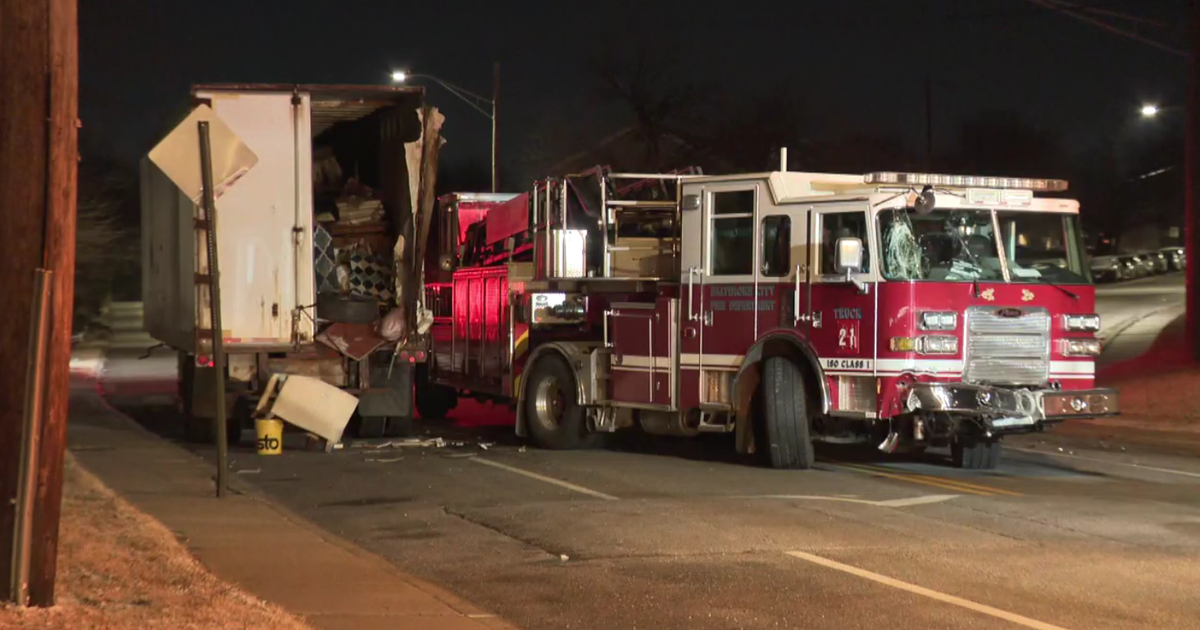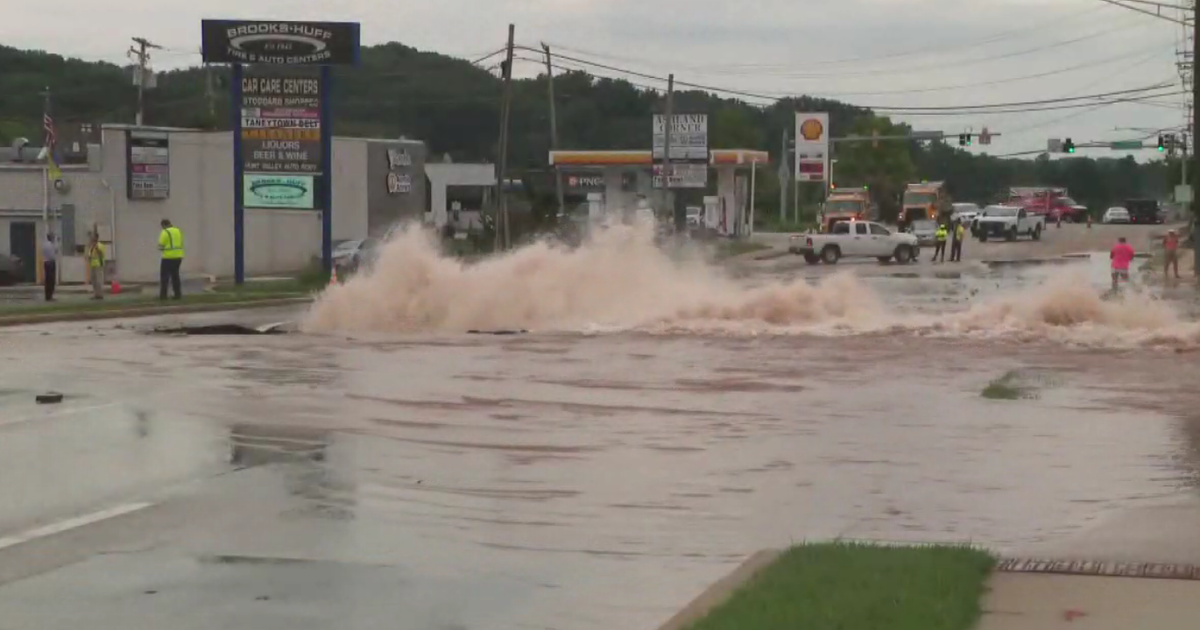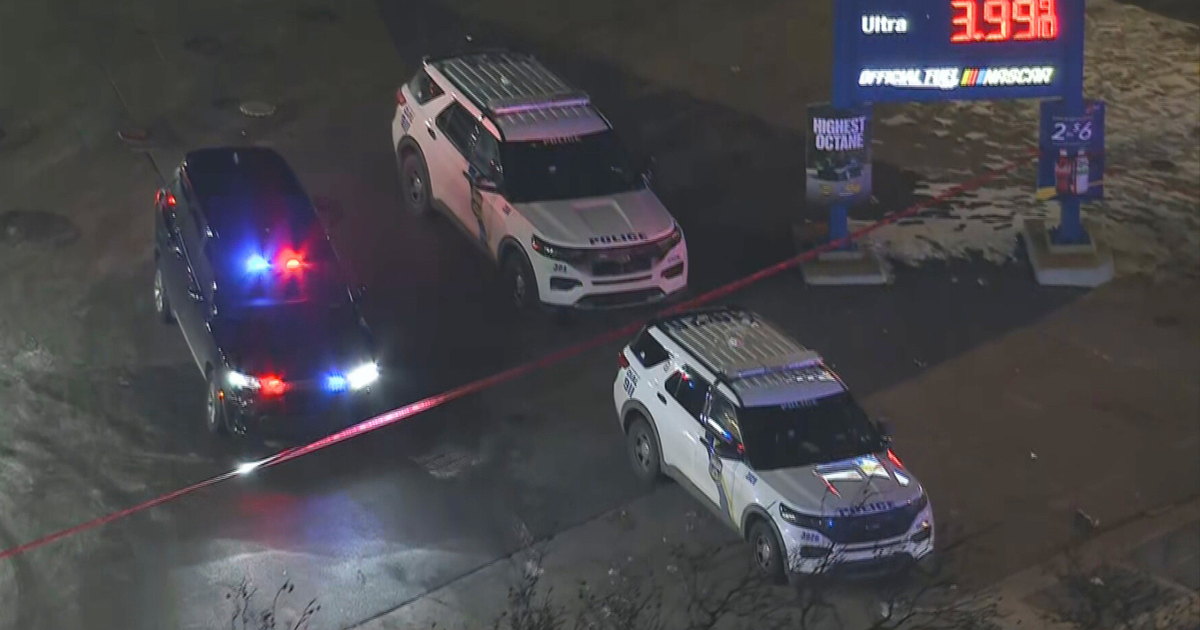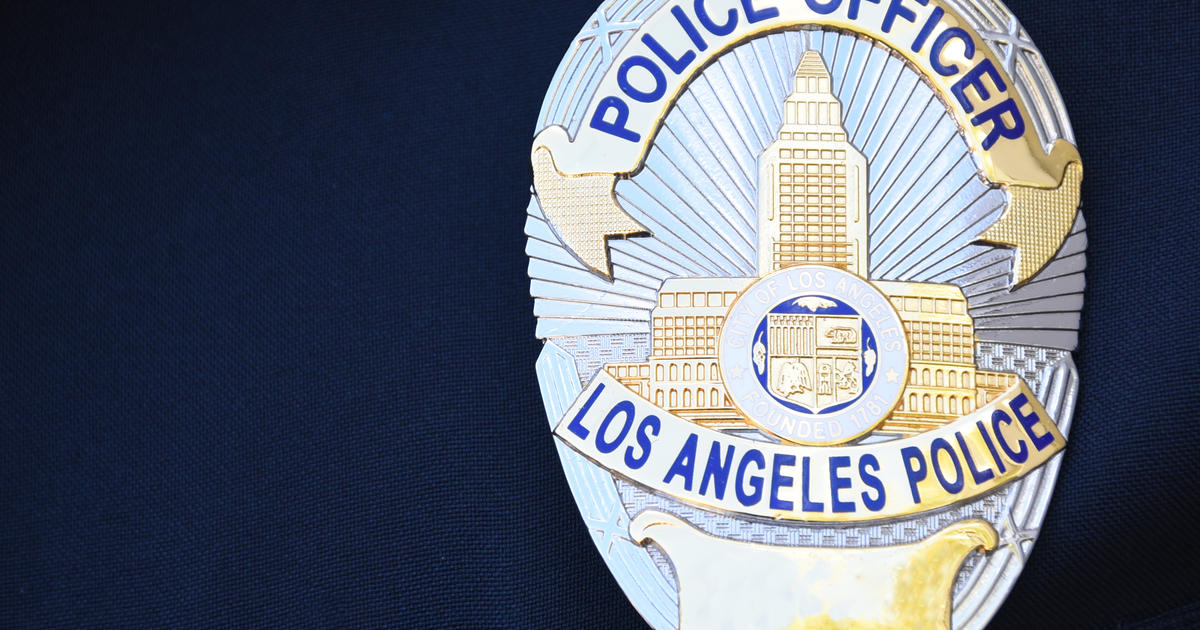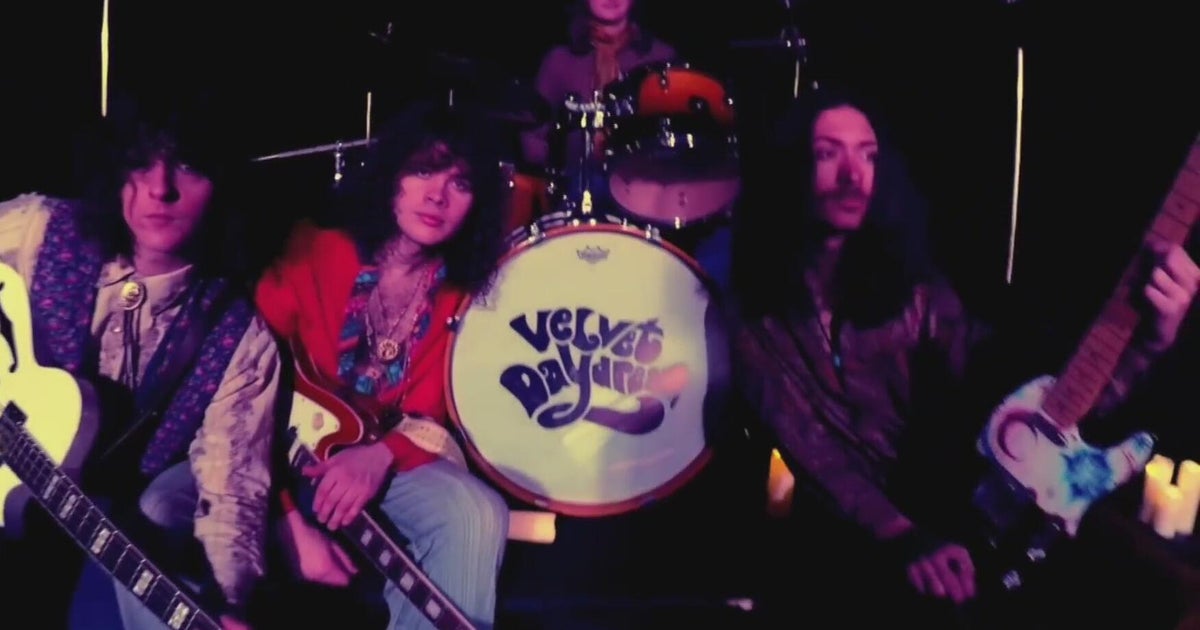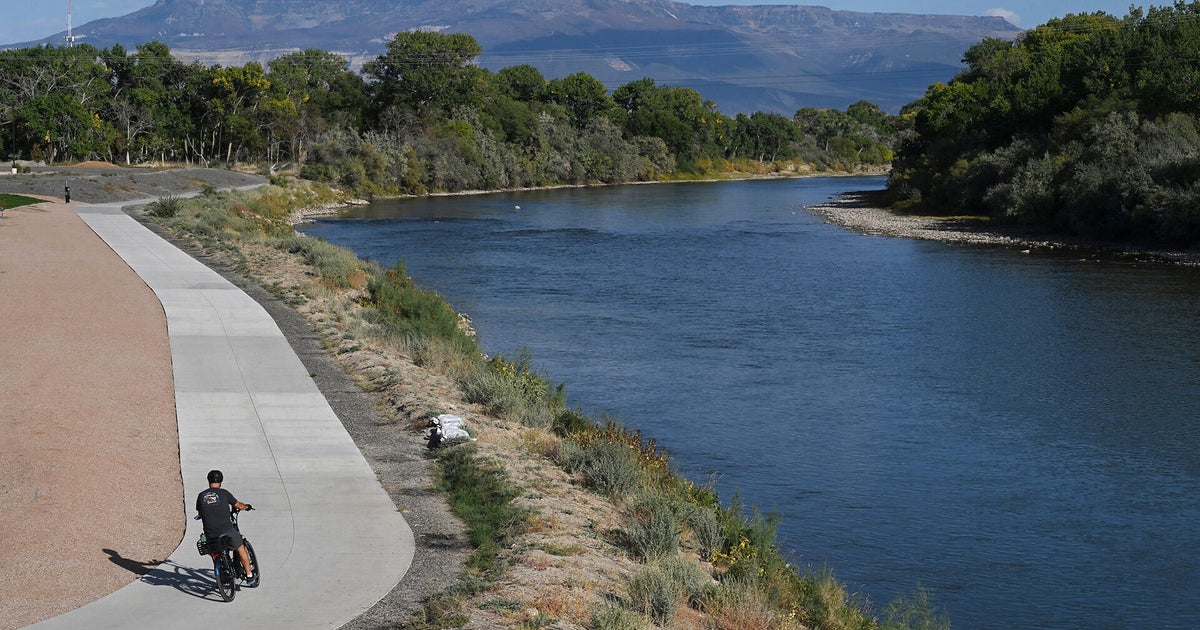Baltimore Photographer Devin Allen's Love Of City Inspires Award-Winning Imagery
BALTIMORE (WJZ) -- When you're walking around Baltimore with Devin Allen, you can't help but see things differently.
Under Allen's discerning eye, oft-overlooked details come to life. Allen's style of photography has a way of putting you at ease, even when you happen to be the subject of his striking images.
Allen, an award-winning photographer who has gotten national attention for his portrayal of Baltimore, recently spoke with WJZ about his work.
"The streets are my studio, that's where I create," Allen said. "I just love it, because if you miss it, you miss it. You're always chasing a fleeting moment."
Allen's images have graced the cover of Time magazine not once but twice. His portrayal of the unrest in Baltimore in 2015 following the in-custody death of Freddie Gray is featured in his book, "A Beautiful Ghetto."
In October, Allen will release a second book, this one entitled "No Justice, No Peace: From the Civil Rights Movement to Black Lives Matter," which features photographs, essays and poetry.
Allen was even featured in "Strong Black Lens," a Netflix digital series.
"Photography really saved my life," he said. "It gave me purpose. It gave me power. It gave me a voice."
Allen said photography took him out of his comfort zone and expanded his horizons beyond Baltimore.
"It allowed me to explore Baltimore, and really understand Baltimore to a whole other level, but it also took me around the world," Allen said. "Sometimes I meet people who can't even understand what I'm saying because of my Baltimore accent. But with the photography, they know what I'm trying to say. I just love the way it connects people. It can being people together, but it also can tackle some serious issues."
Allen is capturing critical moments in history.
"Freddie Gray passed away and I was able to document those moments, and be on the front lines, and land on the cover of Time magazine," he said. "That cover empowered my community. It put my community on a platform. But it also gave me a voice to give back to my own community. Whether it's working with the youth or visiting schools, I'm opening up doors that haven't been open before for us."
That commitment is evident in how Allen is rehabbing his grandmother's West Baltimore home, which has been in the family for more than four decades. Lovingly, as he sifted through a stack of her photo albums, Allen said his grandmother was the first photographer he ever knew.
"My family is really close," he said. "My grandmother growing up was like a second mother. I grew up in this house. Everybody in my family did. I got into my first fight around here. Went to high school around here. It just has so many memories."
Even with a career that could take him anywhere in the world, Allen is staying in Baltimore.
"Baltimore is my home," he said. "I've been here all my life. I love this city. Growing up was really tough here. So I've found myself in this position as an artist and a photographer now that I'm inspiring kids and the community. So I want to be part of the change in Baltimore."
Allen even imagines his home as an incubator space for young creatives. With every achievement, he said, he keeps pushing forward, thinking about his daughter and the next generation.
"My success is not just mine, it's my community's. Because this is the community that birthed me. From all the hardships to everything positive, they made me who I am. So I want to make sure I give that back," Allen said.
"I've been counted out so many times. I'm been shot at, had bullets flying past my head. I've seen people die, I've been arrested. Dealt with depression, anxiety, PTSD. But even in my darkest moments, I keep pushing. Just know you're not alone. I know how it feels when you hit that rock bottom. But as long as you're here and as long as you're breathing, you always got a chance to change your life and find a new path."
